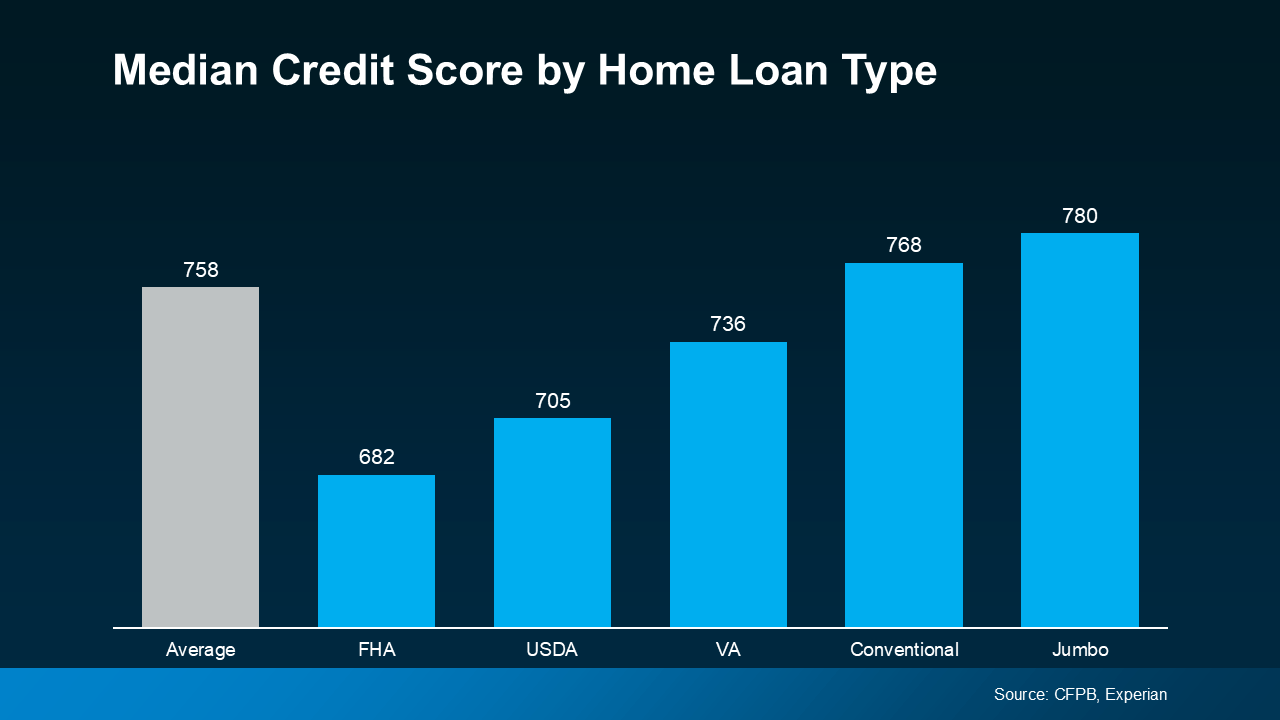
Staten Island Home Sales Falling Through? What Sellers Need to Know to Avoid Buyer Cancellations
Recent data shows that 15.1% of U.S. home purchase contracts fell through in October, an increase from the previous year. While national headlines focus on high-cancellation markets like Texas and Florida, the takeaway for Staten Island and New York home sellers is clear: 👉 Even in stronger, lower-

Salmon Real Estate: Where Local Expertise Meets Global Connections
Your Move, Anywhere in the World—Handled With Care As a trusted member of the leading international real estate referral network, Salmon Real Estate has built deep relationships with vetted, top-performing agents in every major market worldwide. This means that no matter where life takes you—Florida

Affordability Is the Real Issue—No Matter Who You Voted For
The recent election has made one thing abundantly clear: affordability is the number-one concern for Americans across the board. Regardless of which candidate you supported, everyone can agree on one thing—buying a home has become harder than ever. In fact, the average age of a first-time homebuyer
Categories
Recent Posts










